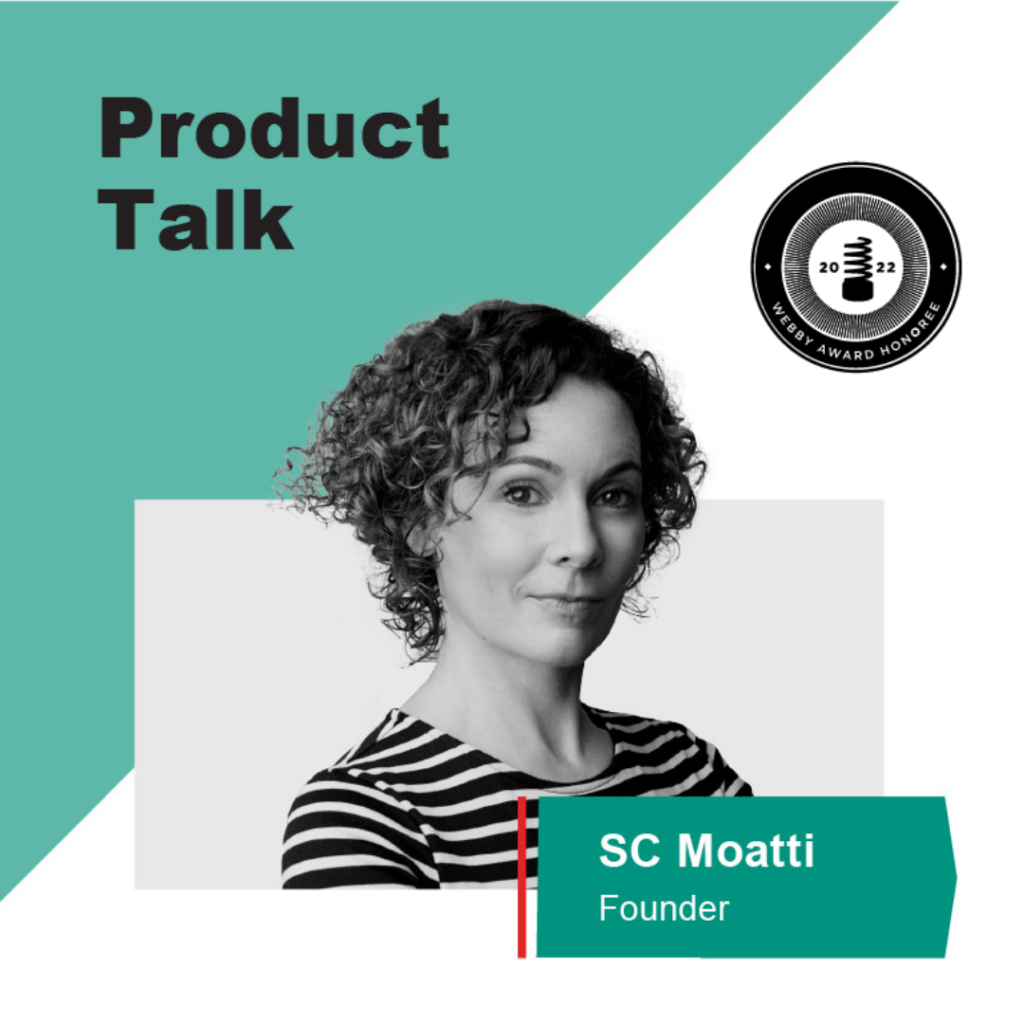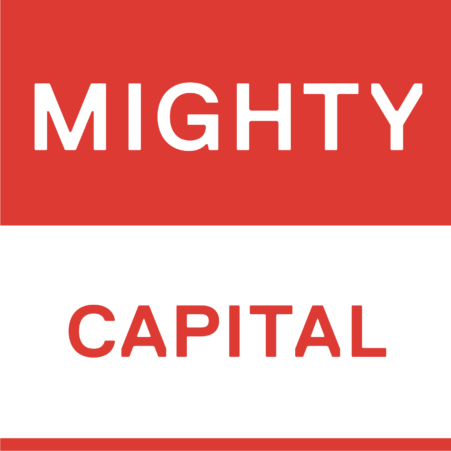Cloud data analytics is booming and one product leader has had her hands running the data analytics workshop since it’s very beginnings. Not only is Ashley Kramer currently leading the evolution of data as CPO and CMO at Sisense, she also built Tableau’s cloud product from the ground up in the early days of cloud. Join us in this episode of Product Talk, hosted by Samsung NEXT Product Lead, Thomas Daly,
Subscribe at the links below as to never miss a conversation with leading product executives, new episodes available every week on Product Talk.

On the journey from engineering to product
Products That Count knows intimately the nuances of a product career and the challenges product managers face while building a career in product (have you read the Product Career Ebook Series yet?). Starting from a background in Engineering with NASA and Oracle, Ashley Kramer’s journey into cloud data analytics began with a bang and only continues to reach for the cloud.
“I’m more passionate about talking to people and understanding their challenges than diving into the code and understanding how to execute on fixes.”
“There’s always a healthy tension between product management and engineering, just like sales and marketing. I do find that – not always – but I can sometimes go in with a more empathetic view. It’s not just the engineers padding their work. There are dependencies that product management doesn’t always think of.”
“Back in the day, it gave me a competitive advantage within my role, and I do think now, as a leader, it allows me to lead with more empathy. It is hard to be a developer, particularly at companies where the code base is maybe a little bit aged, or where they’ve tried to pivot.”
On the evolution of cloud data analytics
Cloud data analytics as a product tool and has undergone several growth phases, and Ashley has seen and led teams through each of them. Ashley shares where Sisense sits and how they provide value to product managers at this new intersection of technology growth.
“There’s been an evolution within data analytics. Generation One started back in the late 90s, early 2000s, where all of this data was in big, on-premises data sources. To actually extract anything, you had to go wait in line, ask for a report, they get to it two weeks later – data not relevant anymore.”
“The next generation is what I call desktop tools. These companies said, let’s put the power of data at everybody’s fingertips, let’s just allow everybody to drag and drop build that dashboard. That hits a breaking point when it’s time to continue to scale.”
“In this new evolution, people like UI Path, which is robotics process automation, or Outreach, which is sales enablement – they want to provide analytics for their customers, but they know it’s not their core skill set. Sisense can be white labeled within their product and be delivered to 1000s of their customers, but it looks and feels like their product. So they’re able to actually get analytics out to the masses, versus some of the on-premises desktop approaches of the past.”
On the data advantage when deciding what to build next
There is a distinct advantage to knowing how to use data in deciding the path forward for your product. Having the data is one thing; using it well is another. Ashley shares five points that product managers need to think about during the product life cycle, and the competitive advantage to using cloud data analytics.
“When I think of what products people should be thinking of as they decide what to build next, it’s really five points. One is, what’s your company’s strategy? You have to be building toward that. We’re not going to build a tiny startup solution if we’re selling to enterprises.
“What are the market dynamics, what are the others doing around us? The competitive landscape, of course. What are our actual competitors doing? “
“The fourth is always telemetry. Are you following the signals of how people are using the product and where you can errors happening or unnatural behaviors. The fifth one is customer feedback.
“You can take data as a data analytics company, and actually layer in machine learning to help give you more signals. It is a competitive advantage, and something I encourage all product managers to figure out is how to leverage data to make wiser decisions and follow those signals.”

Product Talk is sponsored by Mighty Capital; turning ideas with traction into products that win.

About the speaker
About the host
Thomas Daly is Principal Product Manager at Samsung NEXT leading zero to one initiatives. Prior to that, he served as the Chief Product Officer for Spacious.com, which was later acquired by The We Company (WeWork). Before that, Daly was at Samsung Electronics by way of an acquisition of BOXEE, a TV-connected streaming device. He has worked in various product roles for nearly 15 years.